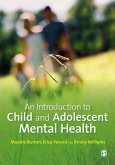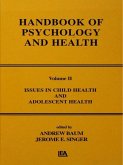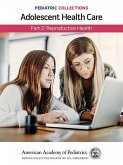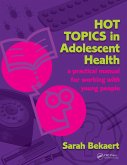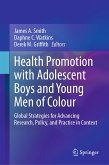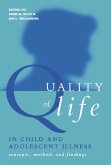Current policy initiatives that address the health of youth, a group where more than one set of developmental standards may apply, often are based on conflicting evidence. At the same time, the UN Convention on the Rights of the Child has provided an over-arching ethical framework with the goal of ensuring that all children and youth have equal human rights, regardless of their personal or family circumstances. How do these approaches coincide and are they working? In Adolescent Health a contemporary setting is used to illustrate the intersection of evidence and ethics in policy making. Individual chapters describe the social determinants of youth health (chronic conditions, ethnicity, family income, school and peer relationships) and youth health behaviours and outcomes (substance use, violence, sexual and physical activity). Within this broad landscape of youth health issues, the authors apply the human rights principles of the Convention to their research to illustrate the often competing frameworks of evidence and ethics. The underlying question is whether social policy, in the real world, depends on science or human rights. Current knowledge translation practices are examined to detect the pathway most likely to influence youth health policy.
Dieser Download kann aus rechtlichen Gründen nur mit Rechnungsadresse in A, B, BG, CY, CZ, D, DK, EW, E, FIN, F, GR, HR, H, IRL, I, LT, L, LR, M, NL, PL, P, R, S, SLO, SK ausgeliefert werden.



